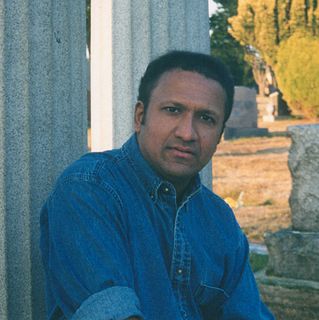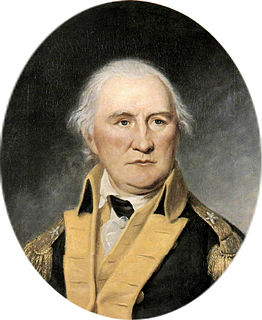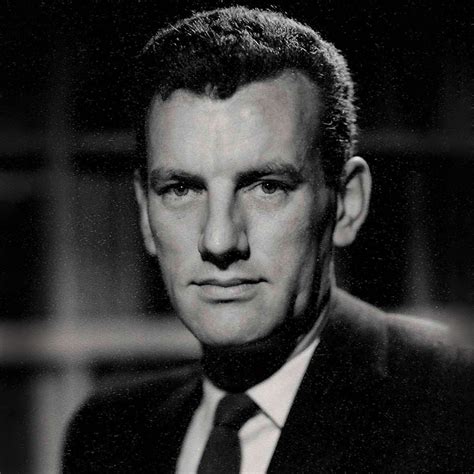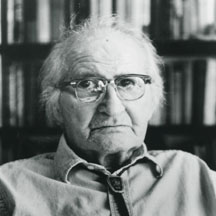A Quote by William Benton Clulow
Language is properly the servant of thought, but not unfrequently becomes its master. The conceptions of a feeble writer are greatly modified by his style; a man of vigorous powers makes his style bend to his conceptions.
Related Quotes
Some would define a servant like this: 'A servant is one who finds out what his master wants him to do, and then he does it.' The human concept of a servant is that a servant goes to the master and says, 'Master, what do you want me to do?' The master tells him, and the servant goes off BY HIMSELF and does it. That is not the biblical concept of a servant of God. Being a servant of God is different from being a servant of a human master. A servant of a human master works FOR his master. God, however, works THROUGH His servants.
When a new writer defends his "style," the teacher smiles (or cringes) because real style isn't an artifice. Real style - voice - arrives on its own, as an extension of a writer's character. When style is done self-consciously and purposefully it becomes affectation, and as transparent as any affectation - an English accent on an old college chum from New Jersey, for example.
Kelvin Gastelum, there's many ways I can classify his style. I like it. He's improved. One thing I can say is that he's improved over his run in the UFC from 'The Ultimate Fighter' and now being a contender. But his style? It's very Mexican. You have the Mexican style of boxing, and he has a Mexican style of MMA, like smart Mexican style.
At one year of age the child says his first intentional wordhis babbling has a purpose, and this intention is a proof of conscious intelligenceHe becomes ever more aware that language refers to his surroundings, and his wish to master it consciously becomes also greater.Subconsciously and unaided, he strains himself to learn, and this effort makes his success all the more astonishing.
Who cares what a man's style is, so it is intelligible,--as intelligible as his thought. Literally and really, the style is no more than the stylus, the pen he writes with; and it is not worth scraping and polishing, and gilding, unless it will write his thoughts the better for it. It is something for use, and not to look at. The question for us is, not whether Pope had a fine style, wrote with a peacock's feather, but whether he uttered useful thoughts.
And it is a singular truth that, though a man may shake off national habits, accent, manner of thinking, style of dress,--though he may become perfectly identified with another nation, and speak its language well, perhaps better than his own,--yet never can he succeed in changing his handwriting to a foreign style.
At the beginning of their careers many writers have a need to overwrite. They choose carefully turned-out phrases; they want to impress their readers with their large vocabularies. By the excesses of their language, these young men and women try to hide their sense of inexperience. With maturity the writer becomes more secure in his ideas. He finds his real tone and develops a simple and effective style.
Detach the writer from the milieu where he has experienced his greatest sense of belonging, and you have created a discontinuity within his personality, a short circuit in his identity. The result is his originality, his creativity comes to an end. He becomes the one-book novelist or the one-trilogy writer.

































